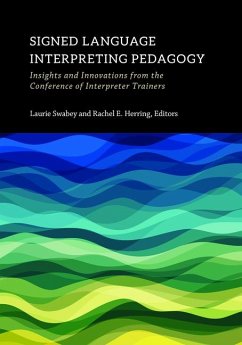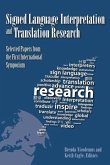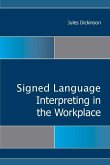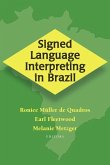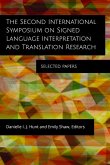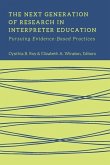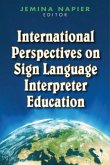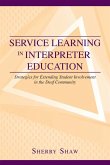For over forty years, the Conference of Interpreter Trainers has provided opportunities for advancing teaching and learning in interpreter education. This volume highlights fifteen seminal papers from past conference proceedings, along with newly written responses to the selected papers. Many of the new contributions are co-written by the author of the original paper and one or more emerging scholars, giving readers a historical lens on how the field of signed language interpreting pedagogy has evolved. The volume also calls attention to issues with which the field must urgently contend, such as implementing a Deaf-centric approach, multicultural interpreting curricula, the recruitment and retention of African American/Black students, and social justice. The contributors explore other important topics in interpreter education including ethics, Deaf translation, performance evaluation, consecutive and simultaneous interpreting, discourse analysis, critical thinking, curriculum sequencing, the social construction of learning, and mentoring. Through this collaborative approach featuring more than thirty scholars, Signed Language Interpreting Pedagogy presents a wealth of theoretical and practical information for interpreter educators and their students.

